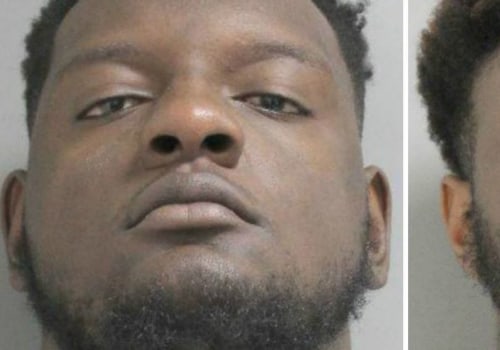You can face criminal charges for possession of drug paraphernalia, even without having any drugs under your control. Being charged with possession of drugs or other controlled hazardous substances is a very serious matter. Even a minor charge can have lasting implications for a person's life, making it more difficult to find a job, an apartment, apply to school programs, and can even result in significant fines and prison sentences. Make sure you have a thorough understanding of the items passengers bring to their car and contact an experienced New York criminal defense attorney if you are ever charged with a driving-related offense.
The mere fact of possessing items that can be used in the sale, manufacture or packaging of illegal drugs is not in itself grounds for conviction under this section of the Act. The prosecutor must demonstrate the undisputed connection between possession of paraphernalia and the intention to sell, manufacture or package controlled substances. The defense attorney must discredit the association of possession of paraphernalia with the intention of selling, manufacturing or packaging controlled drugs. In addition, the law firm Elliot Adler PC has expertly defended clients charged with misdemeanors and felony drug or controlled substance offenses in New York State.
What's important to remember is that drug paraphernalia and the ingredients used to make them are not drugs, but they are often treated as if they were by law enforcement officials. Felony drug convictions for all classifications include jail time, even for minor charges. If you are arrested on a drug paraphernalia charge, the possible penalty if convicted could result in imprisonment. Whether or not drugs were found in the drug paraphernalia, what type of drug it was and how the product was used can also have an effect on the punishment a person receives for a conviction.
While federal law has guidelines for what is and isn't drug paraphernalia, states have their own laws about what is drug paraphernalia and what isn't. This means that not only is it illegal to possess, sell or manufacture drugs, but it is also illegal to have the equipment and substances necessary to sell these drugs. Basically, anything that can be used in drug-related offenses can be considered by the police as drug paraphernalia. An overzealous officer may want to arrest you and charge you with a drug offense simply for possessing something that can be used for drugs.
For example, a common element that people often associate with drug use (specifically marijuana) is a bong. New York prosecutors have earned a nationwide reputation for aggressively and zealously pursuing drug charges. For example, according to 220.21, if you are discovered possessing 8 or more ounces of methadone, you can be charged with possession in the first degree, which amounts to a class A-1 felony. It will also matter if the crime is being charged as a federal or state drug offense, or both; where the crime occurred; and if the person is a repeat offender.
By carefully examining the details of the case, an alert and experienced defense attorney can find vulnerabilities in the prosecution attorney's case and convince the court to hand down a verdict of innocence.




